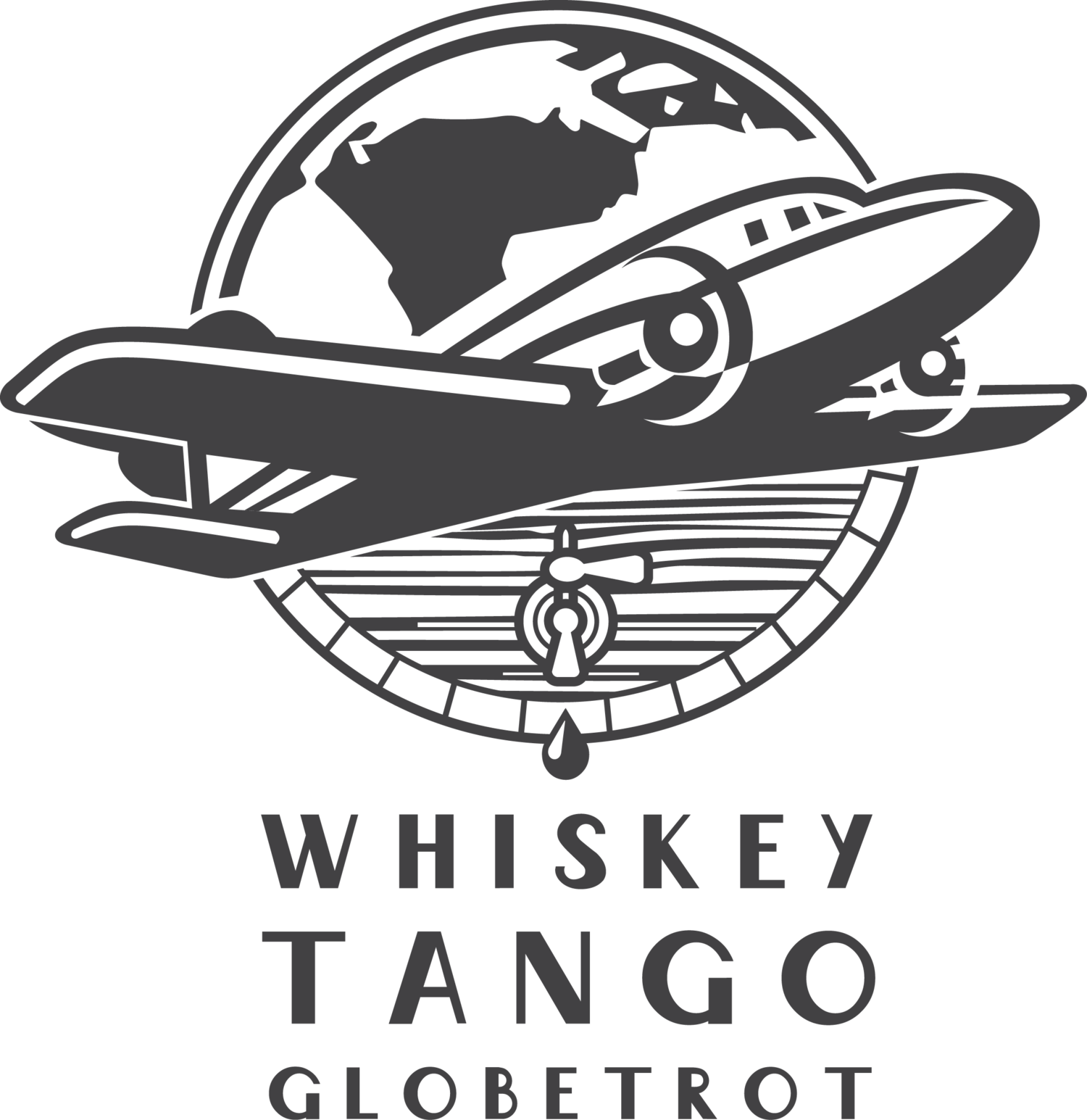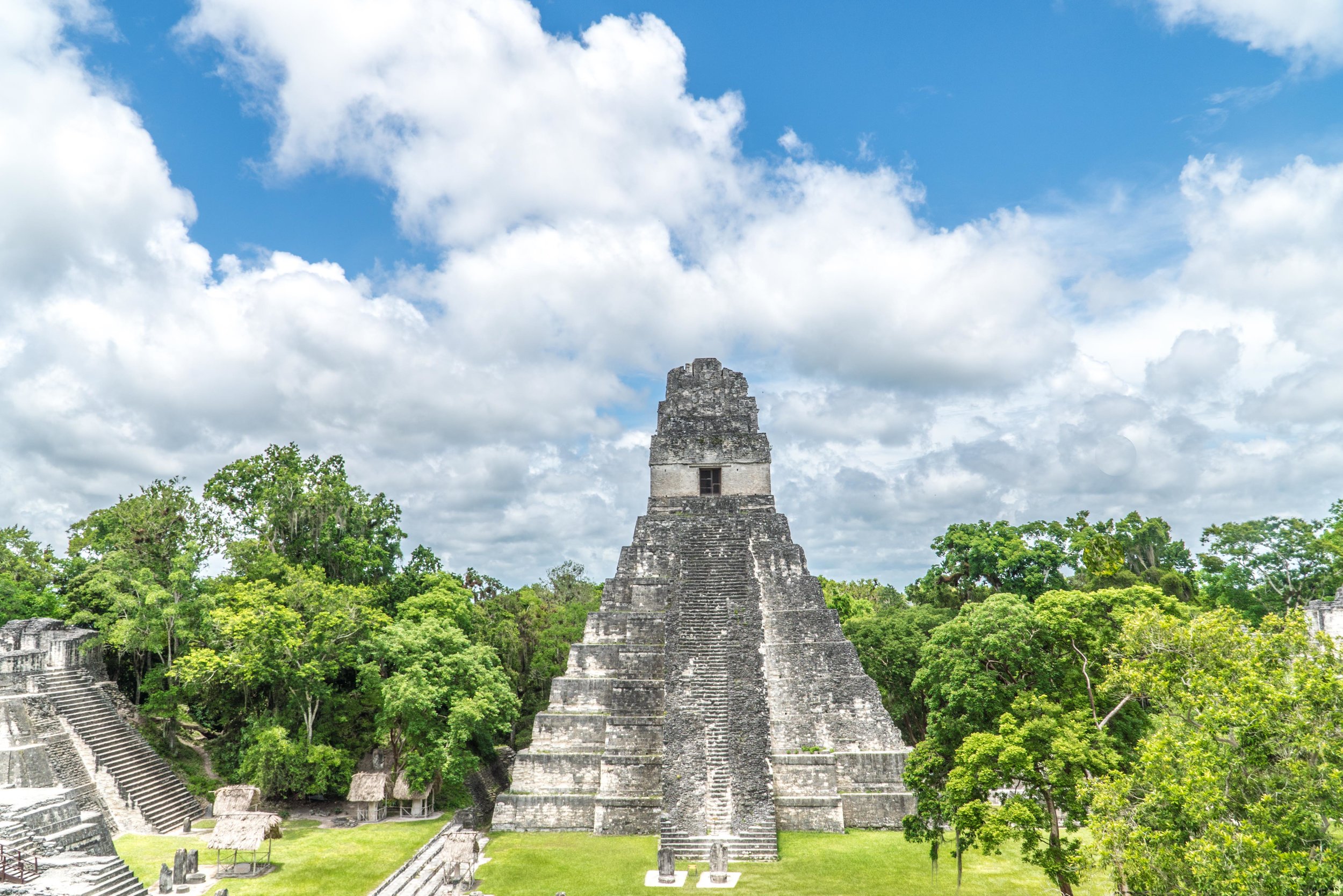Daily Africa Travelogue From Botswana
If you could take one trip to Southern Africa and do anything you wanted, what would it be? That’s the question I asked myself a few weeks after being invited to South Africa, for what would be my third trip there, while never having seen any other Southern Africa countries. Following closely with my life mantra, I was resolved to make this the trip to do anything and everything I wanted within the means that I had. And so that’s what I’ve set out the last three weeks to do. Today finds me on the last leg of it, in Botswana staying at a couple Desert and Delta Safaris’ properties through Tourism That Cares. I’m documenting each day and will upload daily as I have Wi-Fi.
Botswana Day 1
I’m writing this from my thatched-roof suite for the next couple nights at Camp Okavango to the tune of baboons just outside my door. This is Africa. And that’s not the first time I’ve said that today. I first said it this morning, when upon getting on my second flight of the day, the flight attendant said to me, “Oh, we actually don’t have that row and seat you have on this plane.” I said “This is Africa” again on my third, and last, flight of the day, when after taking off in a prop plane from Botswana’s Maun Airport, we didn’t see any homes, buildings, or other signs of life for 30 minutes, at which point we landed on an island surrounded by the Okavango Delta and greeted by a family of baboons.
I’m actually not supposed to leave my room at Camp Okavango (or rather not leave at night without an escort). No, I’m not on hotel arrest, but rather it’s not in my best interests, you know, with the whole thing about baboons just outside my door. Oh, and there was an elephant that snuck past the electric fence this morning, leaving a path of large tree branches in its wake. It’s that whole “Monkeys and baboons” section of the welcome packet (yes, that's a real section).
The trip from Maun to Camp Okavango felt oh so Star Wars like. For as far as the eye could see, there was vast nothingness. And it’s not because Botswana can’t support growth. As my Botswanan guide Obed, told me, Botswana is actually one of the more developed African countries. It’s just that when you’re home to the largest inland delta, it doesn’t support human infrastructures. What it does support is an amazing natural infrastructure, with 17% of the country’s land devoted exclusively to wildlife. And I saw that on the flight to Camp Okavango, where groups of elephants gathered feeding on the vegetation in several areas, and in other parts, antelopes walking through shallow ponds.
Following the baboon greeting at the grass airstrip, I made the five-minute walk to the entrance of Camp Okavango, passed antelopes grazing and the sound of elephants communicating to one another. After a quick introduction, safety briefing, and welcome drink, it was onto the first of several safari activities they offer, a mokoro cruise down the Okavango Delta. Mokoros are the dugout canoes that are innate to Botswana culture, even a primary mode of transportation for many people living on the delta, with most people learning how to paddle them at a young age. It was one of the most serene things I’ve ever done on water, as it was absent of anything but the sound of lapping water, birds, and the occasional owl. The sunset didn’t suck either, but we had to dock by then before the hippos took to the delta.
And that was day one. Or so I thought. I was sitting around the campfire with other guests at Camp Okavango when all of a sudden we were interrupted by the sound of a djembe drum followed by an African chant and then the whole place broke out in song and dance. Every single employee at Camp Okavango (all of which are from Botswana, as is the case at all of Desert & Delta’s properties) was singing joyfully at the top of their lungs and dancing with every bone in their body to traditional Botswana songs. And among the guests, from Aussies to Brits to Canadians to Americans, there wasn’t one person who wasn’t singing, dancing, clapping, or tapping their feet. It was beautiful. It was unrehearsed. It was inspiring. This is Africa.
Botswana Day 2
This morning was about the seventh sunrise I’ve been up for in the last 10 days. I’ve probably woken up for a total of seven sunrises over my entire life. The reason (and hopefully the reward): To track wildlife by foot on one of the Okavango Delta’s islands, Buffalo Island.
It was a 20-minute boat ride to Buffalo Island, where I was joined this time by two guides, Obed (from yesterday), and Morgan, so if I was going to be taken out by a hippo, it was first going to have to go through them. It wasn’t long on Buffalo Island before we had heard an elephant and seen numerous antelopes, a few warthogs, and a vervet monkey. We stopped on a hill to get a panoramic view of the island, where Obed told me the story of the honey guide, a bird comparable in size to a robin, which was hovering over us (stay with me here folks, I promise it’s going to get a LOT better than just talking about a small bird).
The honey guide is basically the pimp of the bird species in Botswana. It has a close relationship with both honey badgers and humans. The honey guide leads them to the bee nest to get the honey combs out, since they can’t do it themselves, and then the honey badgers or humans leave some of the honey combs on the ground for the honey guide. But there’s a caveat. “It’s bad luck in Botswana if you don’t leave any honey combs for the honey guide,” Obed slyly tells me with a grin over his face. “Because the next time you see a honey guide, it may lead you to a pack of lions rather than a bees nest.” Not having seen a lion yet, I jokingly asked Obed, “So are we going to now see a pack of lions then?”
We all had a good laugh before leaving the hill and following the honey guide down a trail and toward a group of trees. “Oh shit, there’s a lion,” I whispered to Obed as we approached the tree line. He looked back at me with a smirk, thinking I was teasing him. But then together we saw one head pop up from the grass, followed by another, and then another 10 lions rise from lying down in the grass, just 30 yards from where we were standing. They posed long enough for me to take a few photos before exiting the other side of the trees toward the delta. We walked around the tree line just in time to see each lion enter the water, followed by the last lion, rearing his beautiful mane to give us a quick stare-down before following in the single file line behind the others, crossing the delta.
You guys, it was real-life Lion King. I don’t know if I’ve ever had such an adrenaline rush in nature when I felt so alive, both from excitement and fear. But not a fear for my life, but rather a reverent fear toward nature and what I had experienced. I wasn’t behind the gates of a zoo or within the confines of a safari vehicle. There was just 30 yards of tall grass between me and a pride of lions. It’s one thing to go to the zoo, it’s another thing to go one a game drive, but it’s an experience like I had never had before to be in the open wild with those lions.
And that’s what I’ve come to love broadly about Southern Africa, and more specifically, about Camp Okavango. The only connection to the outside world is by a radio to the home office of Desert and Delta in Maun, and for emergencies, a satellite phone. There are no TVs, no en-suite phones, and no Wi-Fi. You can’t go to the edge of the property and pick up a cell or Wi-Fi signal. No one can reach you and you can reach no one. And it’s glorious because it’s just the moment and place that you’re in right there.
Last night, after dinner, all of the guests and employees at the camp got up from dinner and sat around a campfire. We asked the employees about life on the camp and in Botswana. And we asked each other about our travels and shared stories over local beers, spirits, and wines. No one was on their tablet, phone, or at the bar watching television. We were all physically and mentally present in that moment. And as much as I live in a digital world where I’m continually pursuing the next thing and building the future that I want, it was nice to be present in that moment with those people from around the world in a little corner of one of the most mesmerizing places in the world I’ve visited.
Botswana Day 3
I don't know if I've ever stayed somewhere like Camp Okavango, where I become so attached to the staff, that it was hard to say goodbye. But such is the type of personal connection I, along with all of the other guests, had made with our guides, such as Obed. We had all dined, canoed, and walked among wildlife together. And at the end, as we all waited at the grass runway for our respective prop planes, we each took photos with our guides. I believe that says a lot about a travel experience.
But it was onto Chobe National Park, where the last two nights of my trip to Southern Africa has me staying at Chobe Game Lodge, which is the only lodge inside of the park. One of my goals here: To see a Cape buffalo, which is part of the "Big Five." I had been on a number of game drives, safari walks, and flights and had yet to see the famous stalwart of an animal. Like what had happened the last couple days in seeing hippos and lions, I decided to bring up the Cape buffalo in conversation on our sunset boat ride. It was just minutes later when we saw one. And then a couple more. And then a couple hundred more crossing the river through the bush. You guys, this is Africa!
But wait, there's more. As we pulled up to the shore near the herd of Cape buffalos that were crossing the water, we then noticed just beyond them a lion alertly lying in the grass. And then 50 yards beyond that lion was an additional 10 lions on a hill watching the buffalos pass by. We were about to be in for a show. And we were. The following hour saw the lions watching the buffalos closely and carefully moving closer and closer to a couple of the slower buffalos. And then all of a sudden the buffalos finally got a clue and they were off and running, and I had no idea that buffalos could run so fast. One of the lions was right on its tail, literally, jumping at the buffalo but missing, allowing all three buffalos to get away. This happened twice. I felt like I was in a cross between a National Geographic documentary and a Lion King sequel. It was crazy. It was exhilarating. And it yet again proved the true wildness of Africa.
But what really stood out about today was something that I noticed on my way to Chobe Game Lodge. First, it was the female pilot that I had. Then it was the female driver who picked me up at the airport. And then it was the female guide. I joked to my driver, Connie, "What, is this an all female resort?" At which she replied, "Girl power! It's an all female staff of guides."
Think about that for a moment. Every single trip down the Chobe River and every game drive guided by a female. And it's been the case at Chobe Game Lodge for several years, the only company of its kind in Botswana. At lunch, another staff member, Vincent jokes with me, "And our safety record has improved and number of mechanical issues has decreased." I couldn't love this any more, having grown up with a mother and two sisters who have been among the most inspiring people in my life.
It's things like an all-female staff of guides and 17% of the country reserved exclusively for wildlife and prohibition of hunting (a move against poachers) that really stand out to me about Botswana. They are serious about preserving, yet pioneering. And it's evident. I think it's something that we all could take a cue from.
Botswana Day Four
I’m just going to come right out and say that this is the best trip I’ve ever taken, and the last 36 hours can only confirm that. Yesterday, it came down to my final game drive of the trip. I have been incredibly fortunate enough to see the wildlife that I have, everything from hundreds of elephants and Cape buffalos to numerous lions to rhinos to hippos to cheetahs. It’s not a surprise that missing from that list, however, was a leopard.
I had been calling my guide, Gobe, the “wildlife whisperer” since we arrived. That’s because anytime our group brought up an animal that we’d yet to see, Gobe would soon after lead us to that animal. It first occurred on the Chobe River, involving the Cape buffalo. And then shortly after it was lions. Today it had been giraffes. Which left just one more that we were eager to see, the leopard, and for me personally, the honey badger (because honey badgers).
With the sun about to go down, we had reached the end of our game drive when it was nearing the time to head back to the lodge. We met an oncoming guide leaving the park who said he had just seen a leopard up ahead, but that it had left. Resolved to see a leopard, we continued on in the 11th hour. We got to the spot where the guide had seen it, and waited. And waited. And finally, we had to make a decision to leave now and stop to see some more wildlife as we were driving back to the lodge or hold out for a chance to see a leopard. So we waited some more.
“Oh, oh, oh, oh, oh, “ one of the ladies started saying in a loud whisper. And sure enough, Gobe had delivered again, as just 15 yards to the left of us was a leopard climbing the tree, where it found a branch that it laid on for a few minutes while we all got our share of photos and then it quietly walked away. It was then that we had to hurry back to get to the lodge by the park’s curfew. But it wasn’t before serendipity would find a honey badger cross the road just minutes before arriving back.
But as amazing as it was to visit the Okavango Delta, Chobe National Park, and a plethora of wildlife I can see in few places, those aren’t the things that most affected me. What has left the most lasting impression has been the people and culture, which is unlike any place that I’ve visited. At Camp Okavango, their oldest employee, John, was born on one of the islands they now do safari walks on, and has worked at the camp for 35 years. At Chobe Game Lodge, there’s Albert, who has also worked there since it opened, in 1971, often spending time with Richard Burton and Liz Taylor when they stayed there, and has pioneered the lodge’s environmental practices, making it one of the top eco-friendly properties in Africa.
And that all came to a head last night at dinner. Under the cover of that iconic big African sky full of stars, I enjoyed a traditional Botswana dinner riverfront to the sound of African drums and the sight of locals dancing through the night. This was Africa, where they have struck a balance like few other places, innovating and creating travel experiences you can have in few places, yet preserving and displaying their history and culture proudly.
This morning at sunrise, I sat on the same deck where I had dinner the night before with new friends from Chobe Game Lodge, Vincent and James. I closed my eyes and took the moment in, as behind me the sun rose over the African bush to the sound of warthogs just below me, birds hovering above me, and hippos just beyond on an island in the river. I don’t believe in a million years I could orchestrate a trip that could have turned out like this one. I only hope that the ultimate outcome will be that who I return home to L.A. as tomorrow will be a better version of the one who set out from L.A. a month ago. As Marcel Proust said, "The real voyage of discovery consists not in seeking new landscapes, but in having new eyes."




















